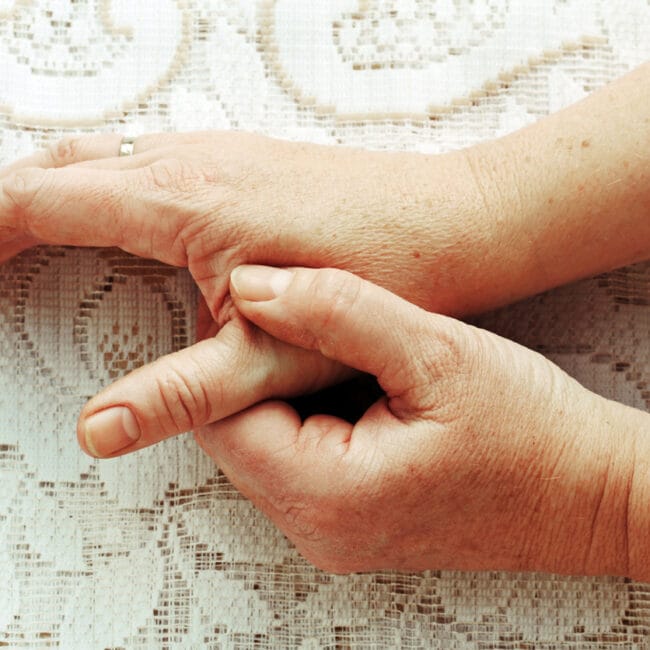
Why is it every time we are under pressure the “bad back” or “cracking knee” always flares up. This is not a coincidence. When the body is put under additional strain, our weakest points are usually the first to give us trouble. We must maintain our musculoskeletal (MSK) health and ensure that it has the ability to cope with additional pressures and not fail when we need it the most. When life needs us to push harder, the last thing you want is the additional problem of aches and pains but often the first thing we abandon is our health. When you think about it, this is the time we need it the most.
Most of us think that the longer we spend at work the more we achieve. This relationship between hours spent at your workstation and how much work you complete has been longstanding, but it is not always accurate. Many people who have developed an issue or are currently starting to notice a problem will usually become aware when they are under pressure. Unfortunately, most of the time we can’t stop what we are trying to complete so we push through and suffer the consequences later. This practice of “work until you break” isn’t new, we are all aware of the “no pain no gain” mantra that is used in the gym, but this is not appropriate for your work life and the same theory should not be applied.
“The trouble is that, without any downtime to refresh and recharge, we’re less efficient, make more mistakes, and get less engaged with what we’re doing” – The Energy Project
There are, however, similarities between the way we approach the gym and the way we approach our work day. Just like everyone knows that rest periods during exercise is essential to achieving and maintaining performance, scheduled breaks throughout your day can also have a similar effect on your work performance. There has been a lot of research carried out surrounding frequent breaks and their usefulness. They focus a lot on productivity, but other important outcomes like higher job satisfaction; reduced emotional exhaustion and greater efforts by employees to undertake work above-and-beyond their job description have all shown positive results. These are all beneficial for the worker as an individual but also for the company as a whole.
Did You Know?
- 66 percent of employees spend more than eight hours a day at work.
- More than a 25% of them don’t take a break other than lunch.
- 20% employee feel guilt was the reason they don’t step away from their workspaces
The following have crept into our lives:
- Productivity = Always working
- Have to be busy = Can’t stop for anything = More work gets done
- Long hours = Greater productivity
These theories do not stand up to close scrutiny and they have the potential to have detrimental effects on our lives and health.
Productivity = Getting work done (NOT long hours)
“Idleness is not just a vacation, an indulgence or a vice; it is as indispensable to the brain as vitamin D is to the body, and deprived of it we suffer a mental affliction as disfiguring as rickets…It is, paradoxically, necessary to getting any work done.” – The Energy Project
Our musculoskeletal health is paramount to how we function at work, but also to the overall quality of our lives. If you push yourself until you hurt, this would affect your athletic performance just as it would your work performance. It is very difficult to run as fast with a sore leg as with a fully healthy one. If your neck or shoulder is causing you great discomfort and you need them to perform your job, what impact would this pain have on your performance? Do you think you are still operating at your peak levels? The same way running with a sore leg affects your strides, a sore body part at your workstation will affect your performance in terms of concentration, speed and longevity.
Research has shown that it is unscheduled interruptions that have the greatest impact on our workplace productivity, not regular breaks. By systematically building frequent scheduled breaks into your work day, you can minimise the effects on your workflow and help to greatly reduce the impact on your MSK health. This has many different names, but “Working with Purpose” has always made sense. Highly productive people get the most done during comparatively short periods of working time because their working times are treated as sprints. They make the most of the time they assign to a task by working with intense purpose, but then rest up to be ready for the next burst. If you decide and formally schedule 45 minutes to a task, then you will work to that goal and then take your deserved scheduled rest period. Just like completing your repetitions in a gym, you say 15, you complete 15 and then you take your break.
Taking control of your work day in this manner helps to break the cycle of just working until you experience a problem and then not giving yourself enough time to recover. Scheduling and planning your activities, to the best of your ability, helps to decrease the number of unscheduled interruptions, maintain your productivity during each “work sprint” and have the overall effect of decreasing problems in your MSK system.










